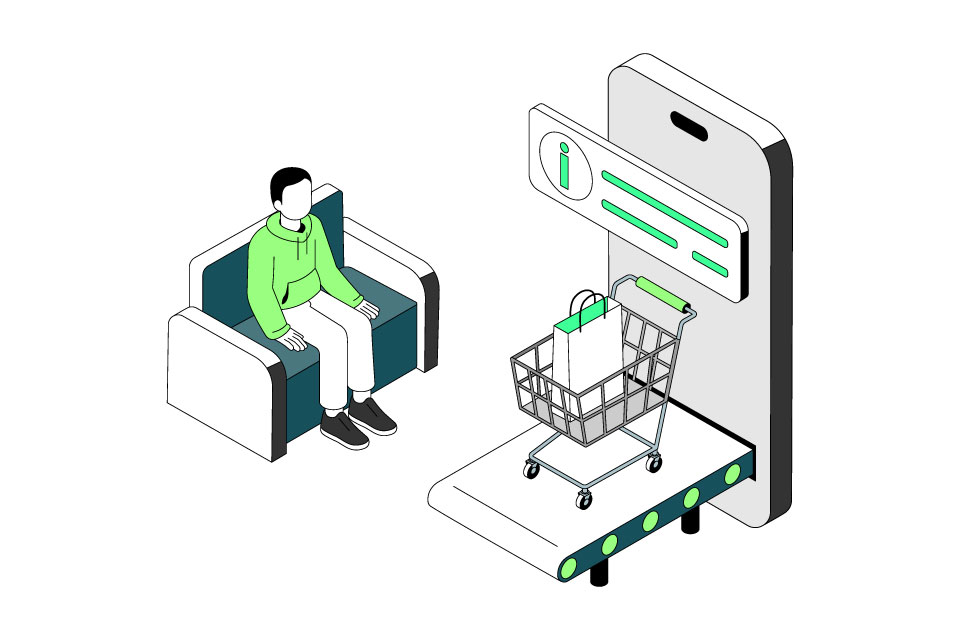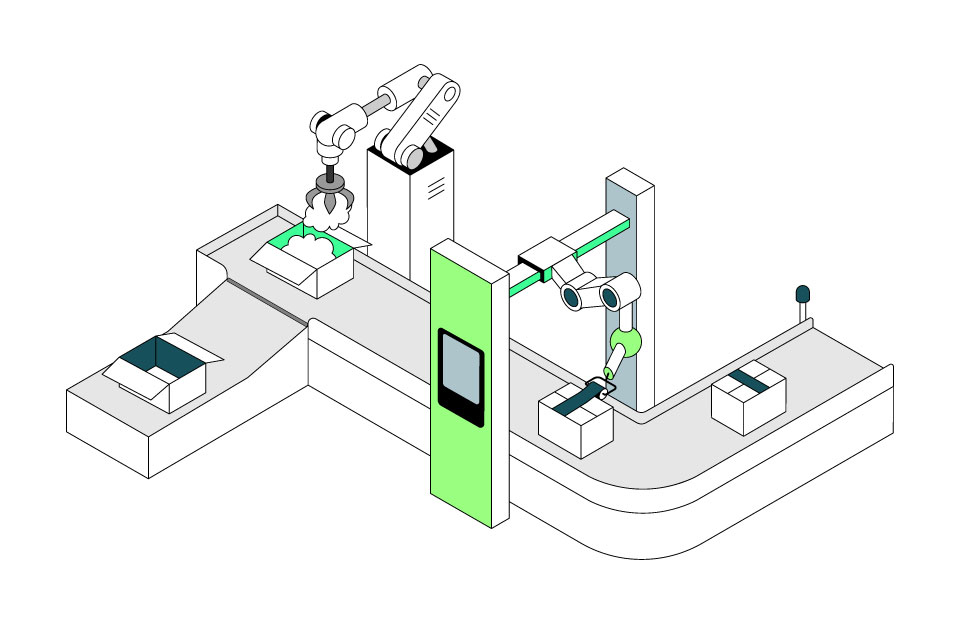
The conversation surrounding the risks and opportunities of AI remains complex and fraught with uncertainty. There is, as yet, no clear consensus among businesses, consumers, and regulators on its ground rules – at least certainly not in the UK.
While AI offers transformative potential, the ability to address complex issues, quickly understand trends and huge data sets and provide effective analysis of some of the most serious and distressing problems, its rapid evolution also presents risks. These include exacerbating economic inequality, the fear of a malevolent force driving inappropriate behaviour, and threatening job security for millions. The challenge is clear: how can we harness its potential while ensuring it benefits wider society?
To successfully navigate this, we need robust ethical frameworks for AI deployment. Introducing effective regulation is key to safeguarding people, while allowing technology to evolve. Finding this balance without stymying growth and innovation, and without losing a competitive advantage to other countries, as AI grows at such a rapid pace, is not a simple task – but it is imperative.
An ethical framework: protecting the vulnerable
The hesitation around AI regulation is understandable. With the technology advancing so quickly, it’s difficult to predict its impact on people, businesses, and the economy. Will AI result in long-term productivity gains, and if so, how will those benefits be distributed? When job losses occur, what are the new roles that will emerge for those in service-related roles? We are only just starting to answer these questions – and the opportunities for those that have a genuine focus on customer service are huge.
However, at the heart of any AI strategy should be the protection of society’s most vulnerable. While AI can bring significant benefits, if left unchecked, it could exacerbate social inequalities or pose a significant threat to particular groups and individuals.
This is where a responsible regulatory framework becomes essential. Professor Martin Skladany, writing in the Financial Times recently, suggested introducing adaptive laws as a way of dealing with potential, as-yet-unknown outcomes of AI.
While this is an interesting concept, the reality is that there are issues we are currently aware of and urgently need to legislate for; waiting until harm is done to implement regulations may be too late. Additionally, considering things on a macro level, significant risks to individuals may go unnoticed and unchecked.
Issues to be legislated for include disinformation, mis-selling, unclear referencing of sources, and inappropriate advice from AI-powered chatbots that could result in serious harm, as well as transparency around how our data is used – areas that impact all of us, but particularly those in vulnerable situations.
One thing is clear: as it continues to develop, every decision we make about how to use AI in our businesses also requires thoughtful consideration.
Balancing regulation, innovation, and productivity
Alongside this need for strong legislation, the key to AI’s success lies in integrating it thoughtfully into business systems, and by doing the right thing by both our staff and our customers. The most leading-edge organisations do not see AI as a replacement for the human, but a genuine opportunity to enhance employee effectiveness or a redesign of service roles to include the new skills now needed by the customer service professional.
By empowering staff with appropriate AI tools, organisations can improve service delivery, increase productivity, and offer more personalised customer experiences.
AI should not be deployed to replace human connection – it should complement it. Whether AI is used in direct customer interactions or as part of the overall customer experience, the goal should always be to enhance the customer outcome. The right balance between technology and human interaction is critical, and organisations must continue to test and refine their approach in a safe and structured manner.
By focusing on people and safeguarding and understanding what makes us all vulnerable, we can find that balance between innovation, regulation and productivity that ensures AI empowers our people and sparks economic growth – alongside protecting society from its risks, some of which we are yet unable to anticipate.


